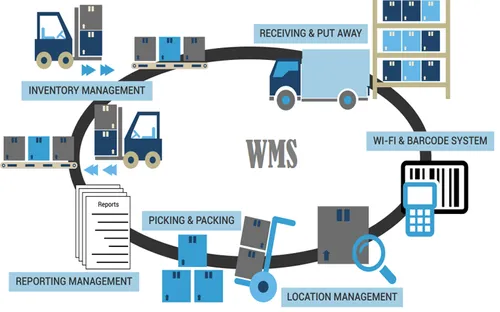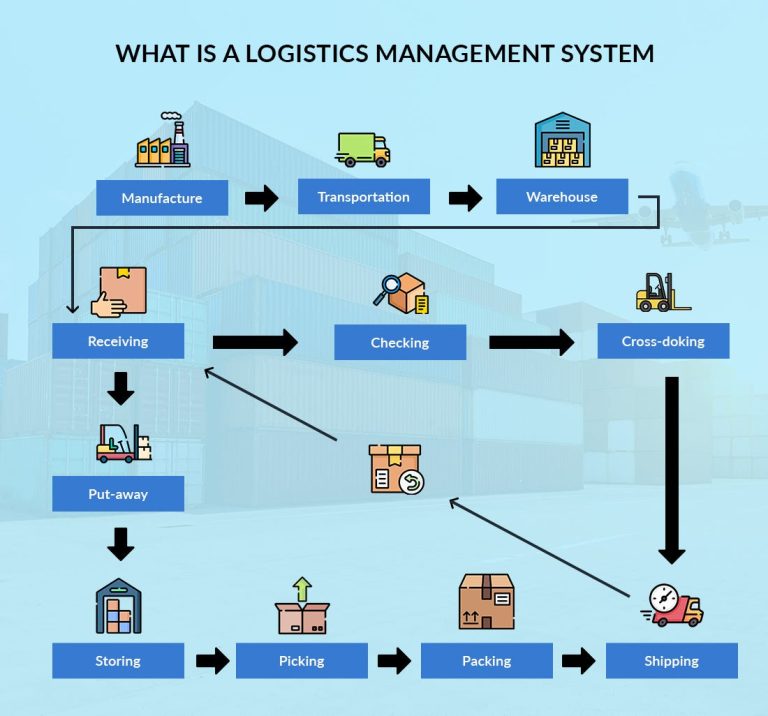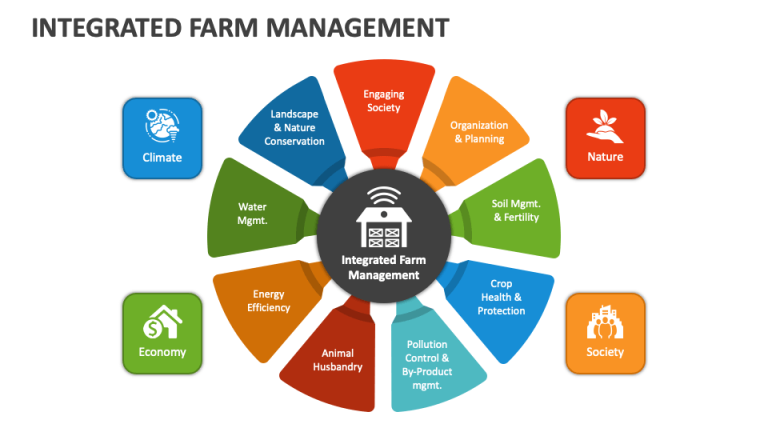Training Course in Essential Monitoring and Evaluation Skills for Development Projects

About The Course
Course Description
Monitoring, Evaluation, Accountability, and Learning (MEAL) are part of everyday programme management and are critical to the success of all programmes. MEAL technical quality is very important across a portfolio of projects. Without an effective MEAL system we would be unable to track progress, make adjustments, discover unplanned effects of programmes, or judge the impact that we have made on the lives of those with whom we are working. A MEAL system also helps individuals and teams to be accountable to stakeholders through information sharing and developing complaints or feedback mechanism which can help to guide programme implementation.
The course provides participants with a strong foundation in monitoring and evaluation, programme design and implementation. Participants will explore the variety of tools and techniques used to measure project progress and to report outcomes to the appropriate internal and external stakeholders—including donors, funders, supervisors, or the population being served. Participants will design relevant and effective frameworks, and learn the required methods to conduct effective data collection, statistical analysis, and reporting. Through the interactive sessions and through exposure to real case studies drawn from relevant organizations, participants will gain the skills needed to conduct a monitoring and evaluation programme for development organizations, NGOs, or private organizations in the development, peacebuilding, energy, gender studies, transnational security sectors among other sectors. The course introduces participants to MEAL concepts and practices. It will stimulate ideas on how to design and implement monitoring and evaluation processes that strengthen accountability and learning, and so promote project, programme and strategy effectiveness.
Course Objectives
By the end of this program, participants should be able to:
- Understand the concepts of monitoring and evaluation
- Build a project or programme design and a monitoring and evaluation system and framework
- Develop and utilize appropriate indicators for measuring project or programme goals, outcomes, outputs, and impacts/effectiveness
- Apply cost management approaches in project monitoring and evaluation
- Understand quantitative and qualitative data collection methods used in project or programme monitoring and evaluation
- Understand ways of using quantitative and qualitative data in project or program monitoring and evaluation
- Use selected software to analyze monitoring and evaluation data
- Monitoring progress toward results and resources consumed with the use of appropriate indicators
- Understand and utilize project management information software (PMIS)
- Communicate monitoring and evaluation results effectively
- Formulate mechanisms for sustaining monitoring and evaluation systems
- Set up and implement monitoring and evaluation consultancies
Training Methodology
The course is designed to be highly interactive, challenging and stimulating. It will be an instructor led training and will be delivered using a blended learning approach comprising of presentations, discussions, guided sessions of practical exercise, web based tutorials, group work and exploration of relevant issues. Our facilitators are seasoned industry experts with years of experience, working as professional and trainers in these fields. All facilitation and course materials will be offered in English.
Course Content
- Basic Concepts in Monitoring and Evaluation
- Introduction to M&E
- Monitoring & Evaluation and the project cycle
- Importance of M&E
- Purposes and uses of M&E
- Identifying gaps in M&E
- Barriers to effective M&E
- Introduction to Problem Analysis
- Monitoring and Evaluation Systems and Frameworks
- Principles of the M&E system
- Identifying the purpose and scope of the M&E system
- Design & set up of M&E system
- Practical on designing the M&E system
- Definition of M&E frameworks: Conceptual framework; Results chain framework; Logical framework
- Developing and implementing M&E frameworks
- Linking M&E frameworks to indicators
- Monitoring and Evaluation Planning & Budgeting
- Resource Planning
- Cost Estimation
- Cost Budgeting
- Cost Control
- Earned Value Approach
- Baseline Assessment
- Meaning and purpose of baseline assessments
- Importance of baseline assessment
- Setting baselines and indicators
- Gathering data on baseline Indicators
- Use of Baseline data on indicators
- Introduction to Impact Evaluation
- Defining impact evaluation
- Deciding whether to evaluate
- Attribution in impact evaluation
- Contribution vs attribution
- Types of evaluation questions
- Theories of Change
- Evaluation hypothesis
- Impact evaluation indicators
- Mobile Based Data Collection (ODK) and Mapping
- Data Collection; Methods, Tools, & Guides
- Introduction to mobile phone data collection
- Advantages and challenges of Mobile Applications
- Components of Open Data Kit (ODK)
- ODK platforms and formats
- Downloading and install ODK Collect into mobile devices or using file
- Designing and creating Forms
- ODK Aggregate Server
- Transform data and Using GPS Coordinates for Mapping/Visualizing
- Data Quality Management
- The Data Quality Triangle: Reliability, Validity, and Timeliness
- Data Quality plan
- Tabulation and Graphical Presentation of Data
- Descriptive Statistics
- Frequency tables
- Tables for categorical data
- Graphs and charts
- Data Analysis and Interpretation for M&E
- Hypothesis testing
- Comparing Means.
- Regression and Correlation Analysis
- Interpreting the data
- Quantitative Data Analysis Using SPSS
- Qualitative Data Analysis Using NVivo
- Qualitative Approaches in Impact Evaluation
- Most Significant Change
- Outcome Mapping
- Outcome Harvesting
- Appreciative Inquiry
- Project Communication Management
- Importance & Process of Communication
- Developing information documentation plan
- Documentation of Lessons learnt, best practices
- M & E results dissemination plan
- Documentation & Dissemination of M & E Results
- Constraints in dissemination of M & E results
- Using Monitoring and Evaluation Findings
- Knowledge Management and Learning
- Audience analysis
- Writing monitoring and evaluation reports
- The Role of Technology: Overview of MS Project/Project management software
- Report Writing & Presentation
- Project/program progress reports
- Board papers; Press releases; Management Report
- Ethical Issues in Report Writing
- Presentation of reports
- Sustaining M&E Systems
- Project Termination
- The concept of termination
- When to terminate a project
- Termination approaches
- The termination process
- Write –up of project final report
- Contemporary Issues in Project Management
- Gender and project management
- Project and community development
- Project sustainability
- Donors and project management in developing countries
- Project environment and safety
- Participatory monitoring and evaluation approaches
- Monitoring and Evaluation Consulting
- Define consultancy & M&E consultant
- Aspects of M & E Consultancy
- Consultancy processes, Relationship Management (Consultant & client)
- Costing assignments, Presentation to stakeholders
- Marketing strategies for consultants
- Ethical/ cultural considerations
Requirements
Participants should be reasonably proficient in English. Applicants must live up to Phoenix Center for Policy, Research and Training admission criteria.
NOTE
- Discounts: Organizations sponsoring Four Participants will have the 5th attend Free
- What is catered for by the Course Fees: Fees caters for all requirements for the training – Learning materials, Lunches, Teas, Snacks and Certification. All participants will additionally cater for their travel and accommodation expenses, visa application, insurance, and other personal expenses.
- Certificate Awarded: Participants are awarded Certificates of Participation at the end of the training.
- The program content shown here is for guidance purposes only. Our continuous course improvement process may lead to changes in topics and course structure.
- Approval of Course: Our Programs are NITA Participating organizations can therefore claim reimbursement on fee paid in accordance with NITARules.
How to Book: Simply send an email to the Training Officer on training@phoenixtrainingcenter.com and we will send you a registration form. We advise you to book early to avoid missing a seat to this training.
Or call us on: +254720272325 / +254737566961
Payment Options: We provide 3 payment options, choose one for your convenience, and kindly make payments at least 5 days before the Training start date in order to reserve your seat:
- Groups of 5 People and Above – Cheque Payments to: Phoenix Center for Policy, Research and Training Limited should be paid in advance, 5 days to the training.
- Invoice: We can send a bill directly to you or your company.
- Deposit directly into Bank Account (Account details provided upon request)
Cancellation Policy
- Payment for the all courses includes a registration fee, which is non-refundable, and equals 15% of the total sum of the course fee.
- Participants may cancel attendance 14 days or more prior to the training commencement date.
- No refunds will be made 14 days or less to the training commencement date. However, participants who are unable to attend may opt to attend a similar training at a later date, or send a substitute participant provided the participation criteria have been met.
Tailor Made Courses
This training course can also be customized for your institution upon request to a minimum of 5 participants. You can have it delivered at our Training Centre or at a convenient location. For further inquiries, please contact us on Tel: +254720272325 / +254737566961 or Email training@phoenixtrainingcenter.com
Accommodation: Accommodation is arranged upon request and at extra cost. For reservations contact the Training Officer on Email: training@phoenixtrainingcenter.com or on Tel: +254720272325 / +254737566961





No comment yet, add your voice below!